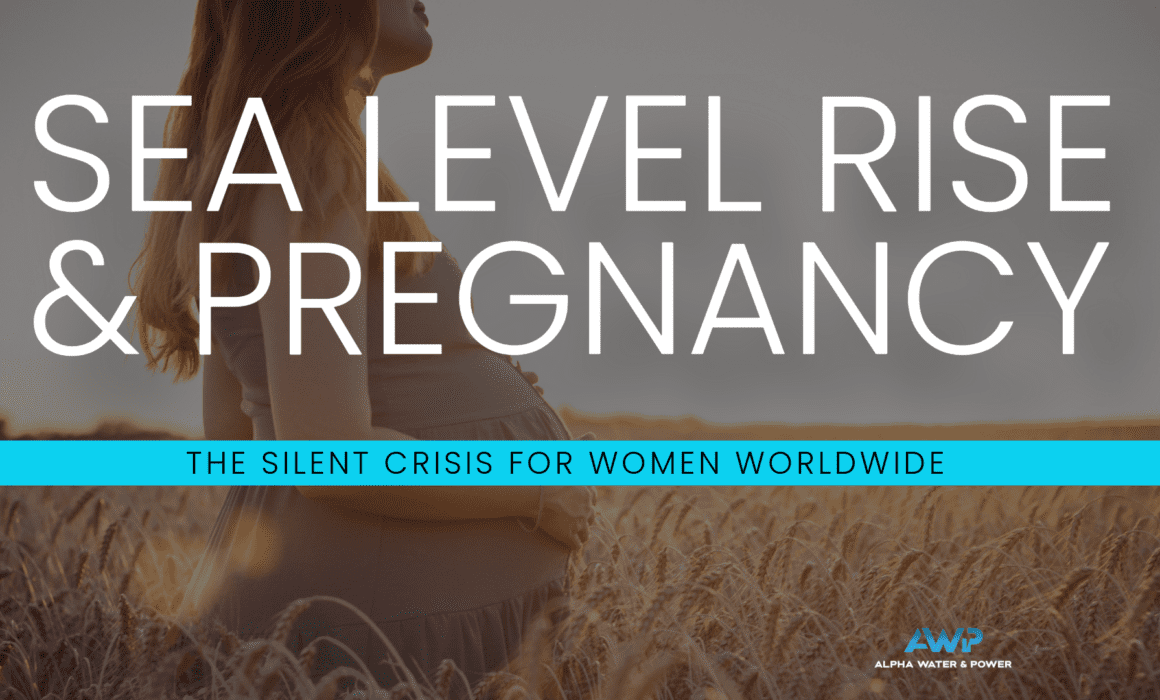The Hidden Costs of Rising Seas: A Deep Dive into Reproductive Health Challenges
In an enlightening exploration of the environmental impact on human health, recent reports shed light on a less discussed consequence of climate change—its effect on reproductive health. The personal story of Khadiza Akhter, a garment factory worker from Savar, Bangladesh, illustrates the dire reality faced by many in coastal regions.
Khadiza, originally from the Satkhira district, experienced first-hand the harshness of saltwater intrusion, a phenomenon that’s become increasingly prevalent due to rising sea levels and more severe cyclones. This intrusion not only contaminates drinking water but also has severe implications for personal hygiene and health. The high salinity prevented proper cleaning, impacted Khadiza’s menstrual health, and even altered her hair and skin’s natural state.
The move from Satkhira to Savar was a desperate bid for a better life, particularly concerning the water quality. Savar’s clean water was a stark contrast to her previous home, where saltwater consumption posed severe risks, including high blood pressure and potential reproductive issues like hysterectomies.
This story is part of a broader narrative where millions are displaced within Bangladesh, fleeing their homes in search of safer, less saline water sources. The issue extends beyond Bangladesh, threatening coastal populations worldwide with similar health crises.
The connection between environmental changes and reproductive health is stark, showing that climate change is not just a future threat but a current crisis impacting many, especially women in vulnerable regions. This calls for a global reevaluation of water resource management and climate policy, aiming to mitigate these life-altering impacts.
Alpha Water & Power remains committed to understanding these intricate issues, advocating for sustainable water solutions that can hopefully alleviate some of the burdens faced by those like Khadzi and countless others. As the world witnesses these shifts, it becomes crucial to act swiftly and protect our most vulnerable communities from the escalating impacts of climate change.

